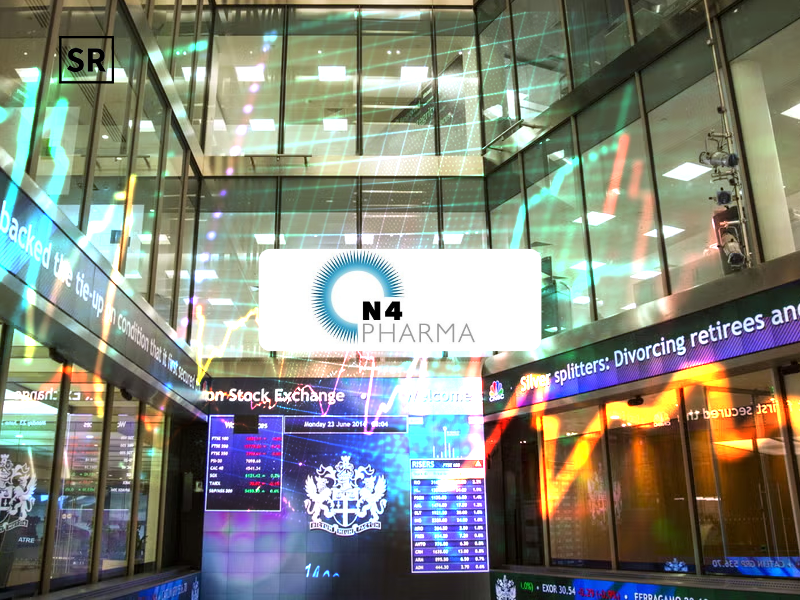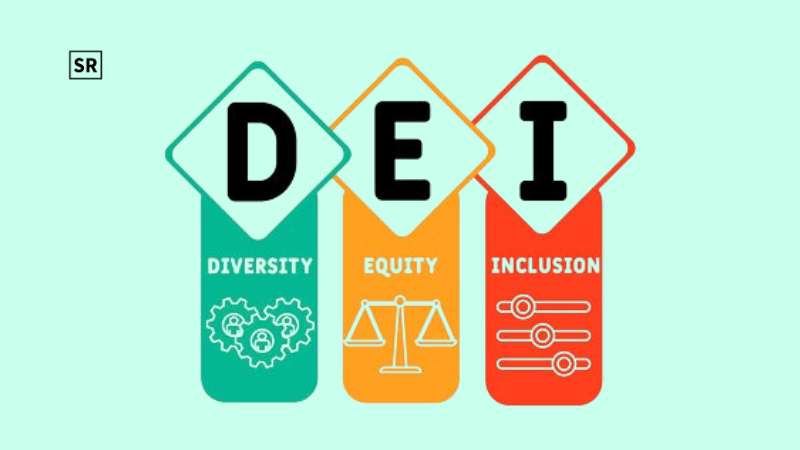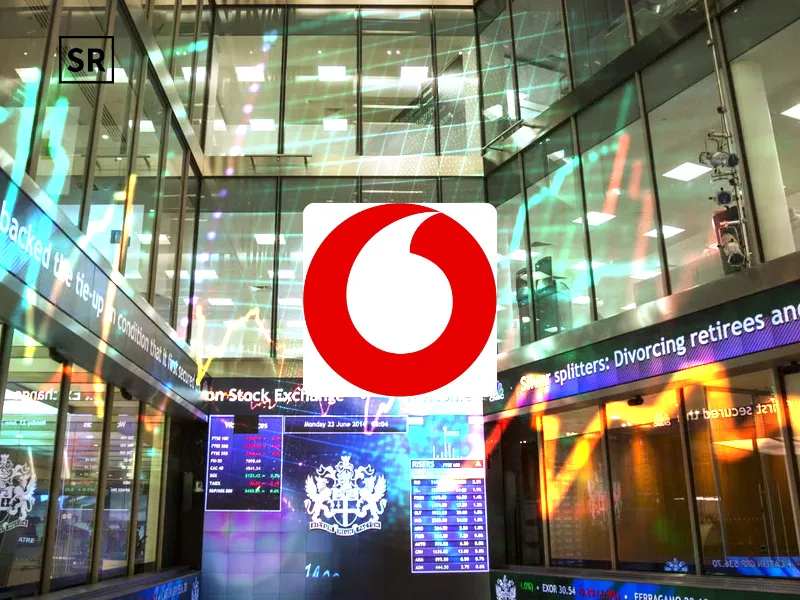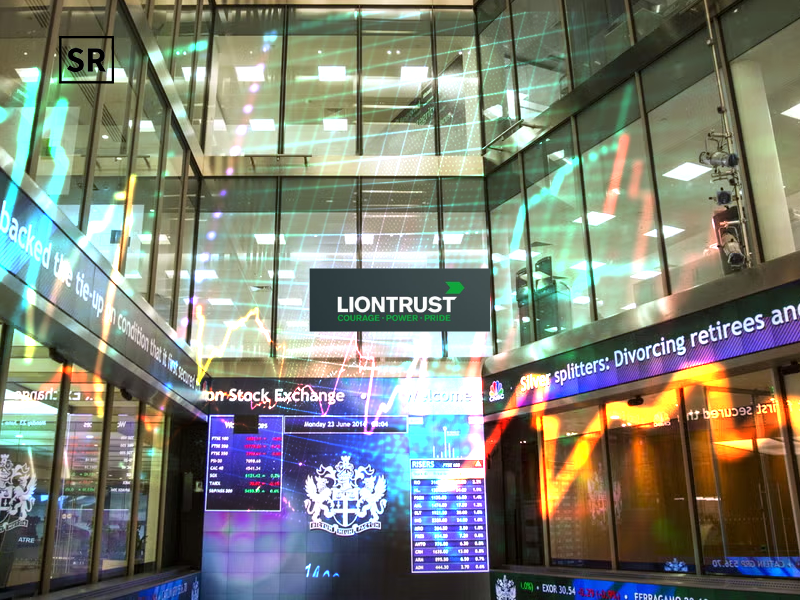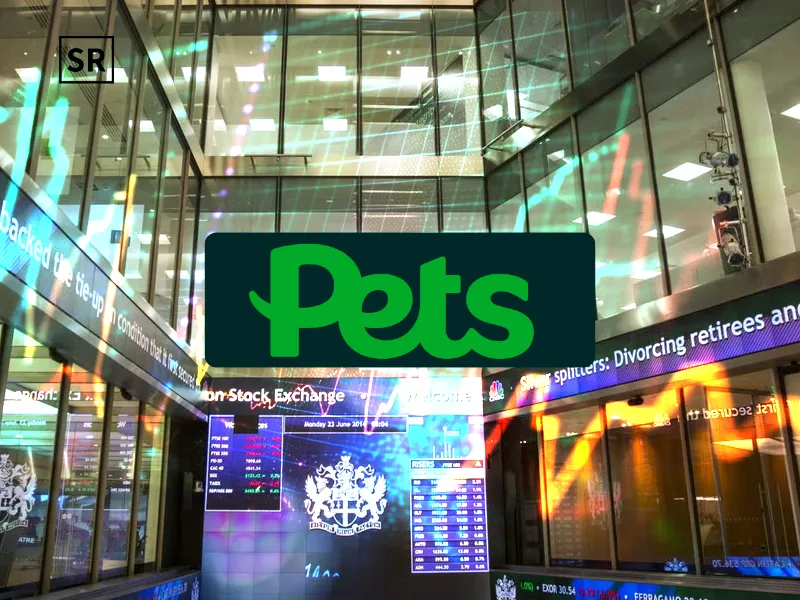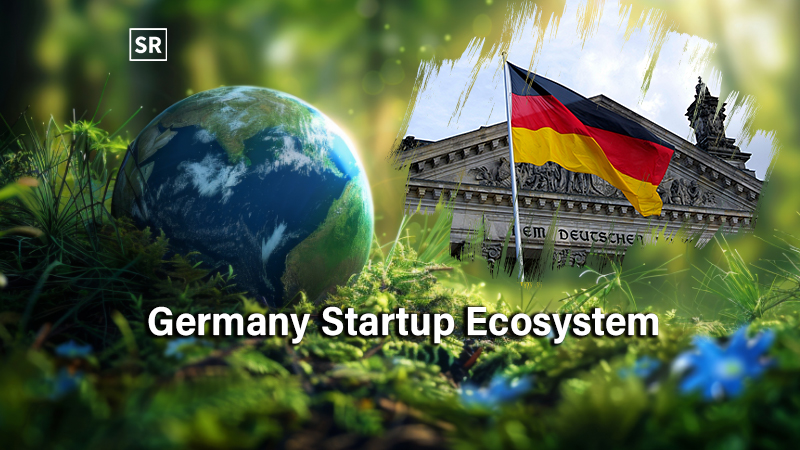
Germany has one of the strongest and most dynamic startup ecosystems in Europe. With leading hubs like Berlin, Munich, and Frankfurt, the country offers excellent infrastructure, access to funding, top-tier talent, and strong government support. Key sectors include fintech, deep tech, AI, green tech and health tech. Programs like the €15 billion Future Fund and startup visa schemes help both local and international founders launch and scale innovative businesses. Germany's ecosystem is ideal for entrepreneurs looking to grow in a stable, tech-driven, and globally connected environment.
Why Germany?
Here are some key reasons why Germany is a top choice for start-ups and entrepreneurs :
- Europe’s Largest Economy – Strong purchasing power and access to the EU market
- Robust Funding Landscape – Public grants, venture capital and corporate investment
- Skilled Talent Pool – Excellent universities and tech education
- Thriving Startup Hubs – Berlin, Munich, Frankfurt, and more
- Global Market Access – Central location in Europe with strong international trade links
- Government Support – Startup-friendly policies, visa programs and R&D incentives
- Focus on Innovation – Leadership in AI, GreenTech, FinTech, and DeepTech
- Strong Corporate-Startup Links – Easy access to global enterprises and pilot opportunities
- Stable Legal & Economic System – Ideal for long-term business growth
Germany Startup Ecosystem Health Check
Germany startup scene is still one of the strongest in Europe, even with economic challenges around the world. Here's a simple overview of how it's doing right now based on important factors :
Startup Activity
RECOMMENDED FOR YOU

Adin Ross Net Worth: $24 Million from Kick Earnings and Investments
Kailee Rainse
Aug 12, 2025
- Startup formation grew by 11% in 2024, with over 2,700 new companies launched.
- Berlin remains the leader in total startup volume followed by Munich and Hamburg.
- Emerging hubs: Leipzig, Dortmund, and Karlsruhe are showing rapid growth.
Funding & Investment
VC investment in 2024: €7–8 billion (up 17% year-over-year)
Leading sectors:
- FinTech: €1.8+ billion invested
- GreenTech & DeepTech: Rapid growth, accounting for ~35% of funding
- Government Future Fund: €15 billion allocated to support startups and scaleups
- Increased corporate VC involvement
Talent & Innovation
- Home to top universities: TUM, LMU, KIT, TU Berlin
- Strong in STEM education and R&D
- Immigration reforms (Tech Talent Visa, Opportunity Card) are attracting more international talent
- Growing gaps in mid-to-senior AI and engineering talent remain a challenge
Government & Regulation
Positive policy updates:
- New Venture Capital Act improves stock option rules
- Faster company registration and digitalization progress
- Regulatory support for emerging tech (AI, blockchain, mobility) via innovation hubs and sandboxes
Global Positioning
- Ranked in top 5 of European ecosystems (Startup Genome, 2025)
- Berlin listed among Europe’s top 3 cities for start-ups
- Strong links with the U.S. and Asia for expansion and investment
Major Startup Hubs in Germany
Berlin – The Startup Capital
Germany’s biggest startup hub
Known for tech, fintech, AI and creative industries
International community and English-friendly
Home to unicorns like N26, Delivery Hero and Trade Republic
Munich – Deep Tech & Mobility
Strong in AI, robotics, mobility, and clean tech
Close links with major companies like BMW, Siemens, and Allianz
Great research and talent from universities like TUM
Higher living costs but strong corporate access
Hamburg – Media & E-commerce
Specializes in e-commerce, logistics, and digital media
Big players: About You, XING
Strong port and trade infrastructure
Frankfurt – FinTech & Finance
Germany’s financial center
Focus on fintech, insurtech and blockchain
Access to global banks and investors
Stuttgart – Automotive & Engineering
Home to car giants like Mercedes-Benz and Porsche
Focus on Industry 4.0, hardware, and manufacturing tech
Strong university and corporate R&D support
Cologne & Düsseldorf – Digital Media & SaaS
Growing startup scenes in media, SaaS, and mobile apps
Close to many large companies and good transport links
Talent & Education
- Germany graduates many students every year in science, technology, engineering, and math (STEM).
- It has top universities and research centers like Fraunhofer and Max Planck.
- The country has great apprenticeship programs and a system where students learn both in school and at work.
- More and more professionals from other countries, who speak English, are working in Germany.
Key Sectors in Germany Startup
- FinTech startups are mostly in Berlin and Frankfurt.
- Mobility & Automotive companies are strong in Munich and Stuttgart.
- HealthTech & MedTech startups are found in Berlin and Heidelberg.
- AI & Machine Learning hubs are in Munich and Dresden.
- Cleantech & Sustainability focuses on Freiburg and Hamburg.
- E-commerce startups are all over Germany, but mainly in Berlin and Hamburg.
- Gaming & Creative Tech companies are mostly in Cologne and Berlin.
Challenges
Bureaucracy & Paperwork
- Starting and running a business can involve lots of paperwork
- Processes can be slower compared to other countries
High Taxes and Costs
- Taxes and social security contributions can be high
- Living and office costs in cities like Berlin and Munich are rising
Funding Gaps
- Early-stage funding is good, but getting money for growth (Series B and beyond) can be harder
- Scaling startups sometimes struggle to find investors
Talent Shortage
- High demand for experienced tech workers, especially in AI and engineering
- Competition for skilled professionals is tough
Conservative Investment Culture
- Some investors are more cautious and risk-averse than in other markets like the US
- This can slow down funding and innovation
Conclusion
Germany offers a strong and vibrant startup ecosystem supported by top universities, a skilled workforce, and a mix of government and private funding. Cities like Berlin, Munich, and Frankfurt lead in innovation across sectors such as FinTech, AI, CleanTech and HealthTech. While there are challenges like bureaucracy and funding gaps at later stages, the country’s focus on technology, sustainability, and global talent makes it an attractive place for entrepreneurs to start and grow their businesses. With ongoing support from both public programs and corporate investors Germany remains one of Europe’s top destinations for startups ready to innovate and scale.


 Follow us
Follow us Follow us
Follow us